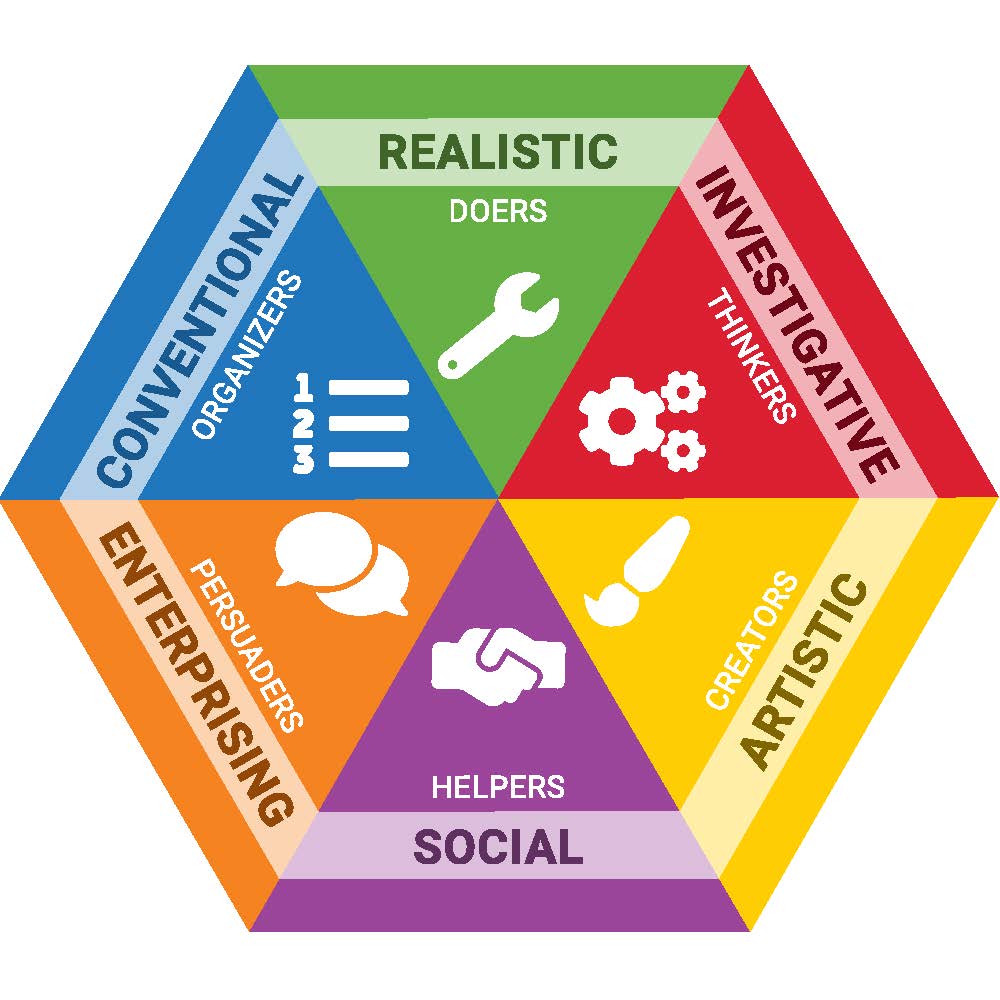Information Technology
Maybe you used to shop more at the mall but now order things online. Smart electronics can give travel directions and even turn on your oven while you’re out. You can push a button to start your car and immediately stop to move the bicycle that showed up in your backup camera. Who’s responsible for these tools?
Workers in the information technology (IT) industry develop the software and hardware that make our lives easier, and they fix and help us use these tools. As organizations and individuals face the threats and consequences of data theft, they need information security analysts to maintain online safety and privacy. In North Carolina, this occupation has the third highest expected percentage of new job growth in the IT career cluster. Because they occur in almost any industry, the three IT occupations that are likely to have the largest total job openings in North Carolina include applications software developers, computer user support specialists, and computer systems analysts.
All IT jobs are professional, and most new jobs will require postsecondary education. IT careers can be found in many work settings. The kinds of organizations most likely to employ IT workers include: custom computer programming companies; computer systems design companies; corporate and regional managing offices; software publishers; and data processing and hosting businesses.
IT has changed the technical skills required in many occupations. While reducing the availability of some jobs, it has also produced totally new career options. As IT continues to evolve, we will need to keep pace with its changes in our workplaces.
The following Core Skills are necessary for success in these occupations:
- Programming - Writing computer programs
- Technology Design - Making equipment and technology useful for customers
- Installation - Installing equipment, machines, wiring, or computer programs
- Operations Analysis - Figuring out what a product or service needs to be able to do
- Systems Evaluation - Measuring how well a system is working and how to improve it
- Systems Analysis - Figuring out how a system should work and how changes in the future will affect it
- Troubleshooting - Figuring out what is causing equipment, machines, wiring, or computer programs to not work
- Complex Problem Solving - Noticing a problem and figuring out the best way to solve it
- Quality Control Analysis - Testing how well a product or service works
- Equipment Selection - Deciding what kind of tools and equipment are needed to do a job
Resources related to the Information Technology career cluster:
 Video provided CareerOneStop. CareerOneStop is sponsored by the U.S. Department of Labour, Employment and Training Administration and the Minnesota Department of Employment & Economic Development.
Video provided CareerOneStop. CareerOneStop is sponsored by the U.S. Department of Labour, Employment and Training Administration and the Minnesota Department of Employment & Economic Development.
 Video provided CareerOneStop. CareerOneStop is sponsored by the U.S. Department of Labour, Employment and Training Administration and the Minnesota Department of Employment & Economic Development.
Video provided CareerOneStop. CareerOneStop is sponsored by the U.S. Department of Labour, Employment and Training Administration and the Minnesota Department of Employment & Economic Development.

